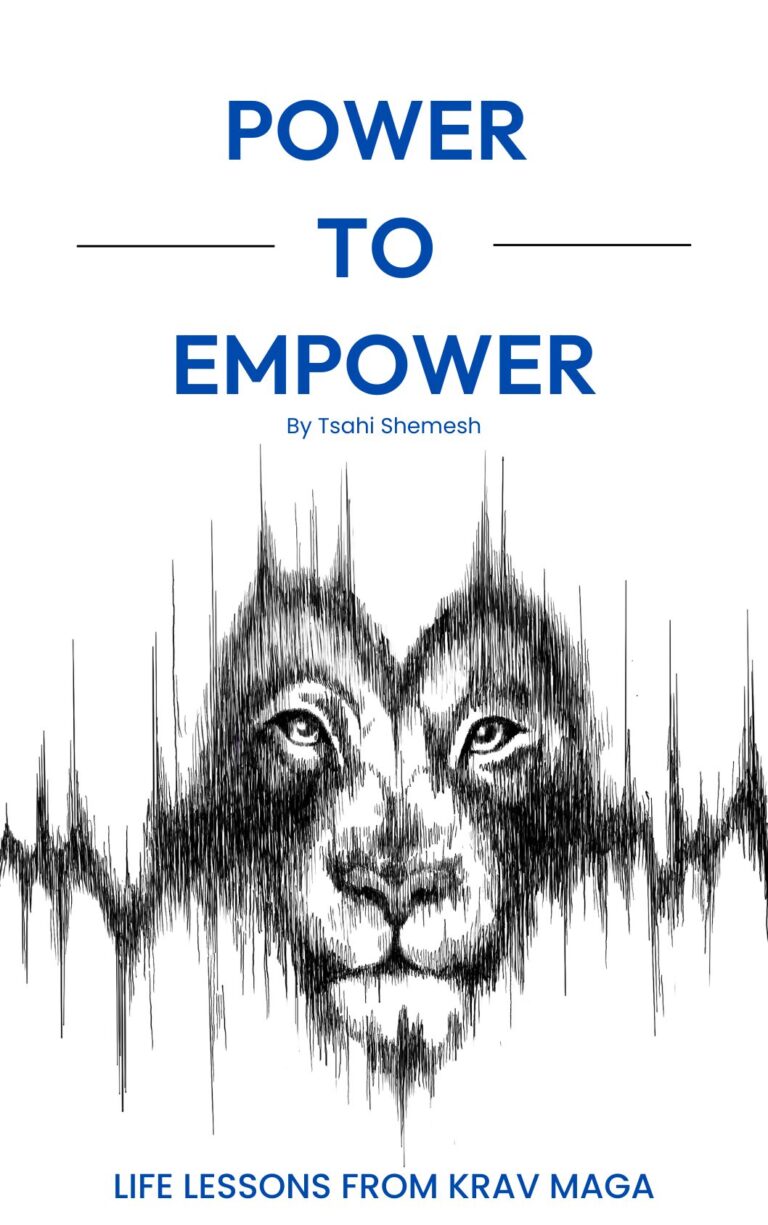Case Study: Sean ‘Diddy’ Combs attacks Cassie Ventura – A Krav Maga Perspective
The newly surfaced video of Sean ‘Diddy’ Combs assaulting his former girlfriend, Cassie Ventura, has shocked many, shedding light on the pervasive issue of domestic violence. This case offers important self-defense lessons that everyone should learn from.
When I first saw this video online, I didn’t know who Sean ‘Diddy’ was. My initial reaction was to think this was just another case of domestic violence. It showed a man acting violently toward a helpless woman, similar too many other videos on the web depicting violent criminals abusing their girlfriends.
Many women in the KME community reached out and asked to learn about how to respond to such attacks, so I addressed this issue in several classes last week. If you trained for over a few months, you probably practiced all the self-defense techniques required in this disturbing video.
When You Should Act In Self Defense?
When you feel unsafe, that is the time to act in self-defense. Self-defense doesn’t necessarily mean using physical skills or causing harm immediately. It means creating a safe space between you and the abuser and looking for an exit plan if possible.
In the video, Ventura appears to be on her way to the elevator, trying to remove herself from the situation. This suggests that an argument had occurred prior to the recorded incident.
Use Your Senses
Your senses—hearing, vision, and gut feeling—provide you with many warning signs. Your instincts are powerful. If something feels wrong in your relationship, it probably is. Don’t ignore the gut feeling that something is off.
Positioning and Awareness
As a rule of thumb, always face the entrance to the room. Be in a position to move or strike if necessary. Though the man was much stronger than Ventura, she didn’t stand a chance in a fight against him, but the ability to respond with surprise was still there. Assuming she noticed him approaching, using her voice to maintain space would also help control the situation. This requires awareness of the surroundings first.
Understanding Attack Patterns
In domestic violence situations, the abuser usually is trying to control and instill intimidation in the victim. The attack almost always starts with one of two motions: straight or round, usually with the hands (e.g., a punch, push, shove, or grab).
In the video, Ventura wasn’t prepared for the attack, with her back to the hallway. The first attack happened from behind: a strong smack to the back of the head (which can lead to a concussion) and the second attack was in immediately grabbing her hoodie and throwing her to the ground. At this point, a fall was inevitable, so one should know how to fall to avoid further injury. This is why we train breakfalls repeatedly. There’s a chance you will have to fight at some point, but for sure, there will come a time you will slip and fall.
On the Ground
Once Ventura was on the ground, Sean kicked her, adding insult to injury. Clearly, he lost control, and based on how he acted, it was likely not his first time doing so. Ventura was shocked and unequipped to handle the event. At that point, she should have stayed on the ground, keeping her feet between her and Sean and started screaming for help.
The last part of the video shows Sean grabbing her and dragging her back to the hallway. Based on her body position, the technique I would have applied here involves defense and body movement to bring her back to a position of keeping her legs between them, so she can kick him off and maintain distance.
Defining Success in Self-Defense
Given the size difference, along with the fear and shock of dealing with such an event, Ventura wasn’t set for success. But let’s define success for a smaller person in such a situation:
- Prevention and Boundary Setting: Avoid engaging and leave a toxic/violent relationship as soon as the early warning signs appear. Usually, violence isn’t the first step. One of the first red flags in an abusive relationship is controlling behavior. This can manifest as excessive jealousy, monitoring activities, or dictating how you should act and who you can see.
- Inform Others: If you notice any signs of toxicity, make sure to inform others. There’s no shame in reporting abuse.
- Maintain Space: As you feel unsafe, know your exit plan from the room (and from the relationship!).
- Fight for Safety: Fighting doesn’t always mean winning; sometimes, it means not losing. Self-defense isn’t about knocking people out or submitting them on the ground. Those are advanced tools requiring a lot of training, to be used as a last resort.
- A larger body size, strength and willingness to hurt isn’t something a smaller, kinder person can match. But training in self defense will help you understand the situation better, be more familiar with the initial shock and how to navigate through it.
Broader Implications
This case involving high-profile individuals like Sean ‘Diddy’ Combs and Cassie Ventura is a stark reminder of the reality many women face. It proves that social status or financial means don’t matter. Abuse can happen to anyone, and furthermore, anyone can become an abuser if we don’t pay attention to the underlying factors and behaviors that contribute to abusive tendencies. Don’t judge people by their means or status; judge them by their actions.
Reframing the issue from a values-based perspective to one that includes situational, psychological, and social factors provides a more comprehensive understanding of why abuse occurs and how it can be prevented. Research shows that abusive behavior is not confined to a specific demographic or value system. Abusers come from all walks of life, which supports the notion that the potential for abuse is a broader issue than just personal values.
Let this case serve as a reminder of the importance of recognizing the signs of abuse, trusting your instincts, seeking support, and knowing your rights. If you or someone you know is experiencing domestic violence, don’t hesitate to act—reach out for help!
Sadly, we have a lot of experience helping many women under those circumstances at KME. While I understand that circumstances are sometimes hard to change, personal strength and resilience are one of those things one can take control of. We are here to help.
Do something amazing,
Tsahi Shemesh
Founder & CEO
Krav Maga Experts

